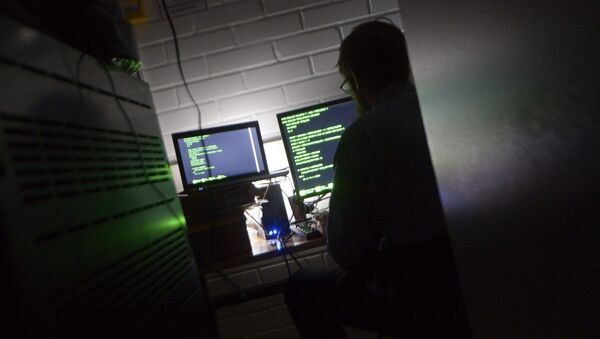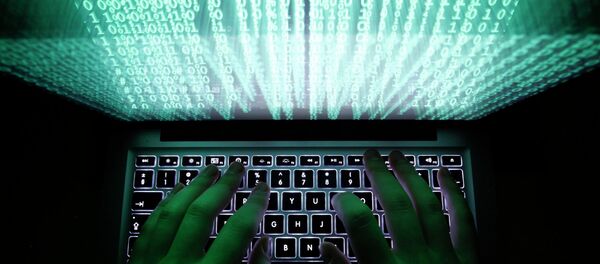Currently, the Israel Defense Forces (IDF) rely on separate units to carry out offensive and defensive operations. Lieutenant General Gadi Eisenkot, IDF chief of staff, decided earlier this month to have all platforms operating in a single cyber center by 2017.
"The IDF is required to excel in every aspect of war, including the cyber dimension, which is becoming more significant every day," Eisenkot was quoted as saying by Defense News.
"This new command will empower the IDF to perform better in these fronts and will utilize the technological and human advantage that already exists in Israel."
The IDF's recent investment in the cyber arena has been spread out across multiple service branches and departments. The new command is expected to receive the bulk of investment spending, as well as additional priority funding over the next five years, sources told Defense News.
"We will be required to make very large investments in cyber," Maj. Gen. Nimrod Shefer, IDF chief of Plans, told a Herzliya Conference.
"It's a new world that is very quickly advancing. Israel was wise enough in recent years to invest heavily in cyber to become a cyber power. That's not to be taken for granted."
Gabi Siboni, a retired IDF colonel who now heads Cyber Security Studies at Tel Aviv University's Institute for National Security Studies, said the IDF's move to establish a central Cyber Command is the right one.
"The connection between defensive and offensive cyber is extremely important, and the fact that until now they were viewed as separate domains was a kind of anomaly," Siboni told Defense News.
"That's why the decision is so significant. It means the IDF has decided to implement a synergistic approach to this critical new combat dimension," he added.
The cyber realm has become so critical, a senior Israeli military source told the Jerusalem Post, that "every operational IDF order has to relate to this [cyber] aspect. We have to ensure that we don’t encounter a threat that catches us unready."




